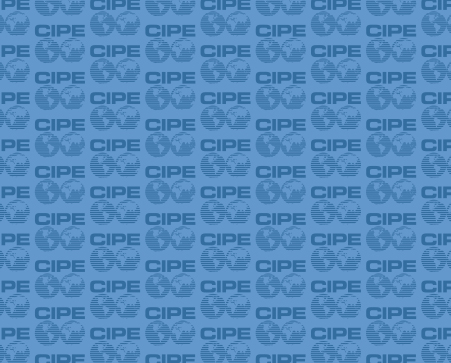 Global Integrity launched today its 2010 report covering countries from around the world, including some that are currently at the center of international attention such as Egypt and Pakistan. Each country assessment is a result of detailed research and review process that scores over 300 integrity indicators measuring whether various mechanisms ensuring transparency and accountability are in place in law and in practice. Each assessment also contains “Reporter’s Notebook” – a journalistic account of corruption.
Global Integrity launched today its 2010 report covering countries from around the world, including some that are currently at the center of international attention such as Egypt and Pakistan. Each country assessment is a result of detailed research and review process that scores over 300 integrity indicators measuring whether various mechanisms ensuring transparency and accountability are in place in law and in practice. Each assessment also contains “Reporter’s Notebook” – a journalistic account of corruption.
“The country assessments (…) provide policymakers, investors and citizens alike with the information to understand the governance challenges unique to each country and to take action,” said Global Integrity’s Managing Director, Nathaniel Heller. Indeed, detailed analysis of anti-corruption safeguards in each evaluated country is food for thought – and reforms – providing better understanding of not just the existing institutions but also for the implementation gap between laws on the books and whether/how they are applied in practice. Pick a country and see for yourself!
Key findings this year include:
- Anti-corruption safeguards in Egypt deteriorated in the months leading up to Mubarak’s resignation – with Yemen, Morocco, and West Bank showing similar challenges
- Malaysia, Nigeria, and Tanzania were added to the Grand Corruption Watch List (countries where key anti-corruption safeguards are extremely weak, magnifying the risk of large-scale theft of public resources)
- Argentina, Ethiopia, and Peru demonstrated noticeable improvements in anti-corruption performance compared to the previous reports
- Eastern and Central Europe countries continued to slide in anti-corruption and transparency performance after joining the EU and NATO (which eased the pressure for institutional reforms)
- Internet censorship remains a common challenge.
See the full Global Integrity 2010 report for detailed country data and analysis http://www.globalintegrity.org/report
Published Date: May 04, 2011
